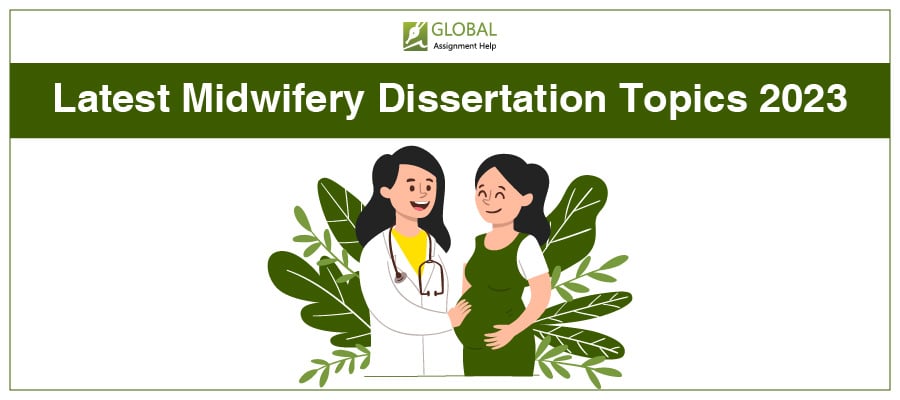15 Language Techniques That Will Make an Assignment Impressive
08 Apr 2019 4339 6 minutes
Whether you're writing a story or an assignment, language plays a very important role. And writing an assignment will be fun if you become master of it. In an assignment, you need to raise an argument and convince the readers accordingly. But before you go in further details, it is important for you to know language techniques. So, here is the answer.
What Are Language Techniques?
Language techniques are the various key elements that writers bring to emphasize the arguments of the assignments. As a result, it helps professor to understand the document more easily. And we all know that convincing the readers is not so easy. So, in this blog, our assignment help experts have provided a brief idea of 15 language techniques that will help you impress your professor.
Language Techniques to Write an Impressive Assignment
Language techniques are the literary techniques and figure of speech that are used to convey the message. Here are the most important ones among them:
1. Assonance:
In this, the vowel words are used repeatedly to create a rhyme within the phrases and sentence. It helps in making the sentences look more attractive.
2. Adjectives:
Using adjectives in assignments is very useful. An adjective is a word that is used to modify the quality of noun and pronouns. In an assignment, it is crucial to convince your professor. So, ultimately the usage of adjectives will help you a lot.
3. Appeals:
This another language technique can be very useful to impress your professor. An appeal is the best way to convince the readers emotionally. So, you can write a short story to make your document look more impressive. No doubt that the readers will relate themselves with the story.
4. Cliches:
Cliches are the best way to mark an impression quickly. It helps to express the message quickly. So, before writing an assignment, always take out some time to research and find relevant cliches related to your assignment.
5. Imagery:
No doubt that writing an assignment needs too much efforts because convincing the reader is not an easy task. So, you can use imagery to make things more clear in a more convenient and easy way.
6. Pun:
Playing with the words is the best way to impress the readers. Using it will always help you compose a brilliant assignment.
7. Minor Sentences:
Minor sentences are also known as irregular sentences. They consist of:
- Single Words
- Sentence Fragments
- Interjections
- Idioms
- Proverbs
8. Single Word Sentences:
In conversational language, we can use single words to convey a short message. For example:
He: Where is your meeting?
She: "Denver"
Even though she replied in a single word, it contains all the relevant information.
9. Sentence Fragments:
We often use sentence fragments as single sentences. For example:
- Phrases
- Incomplete clauses
- Dependent clauses
In an assignment, this language technique can be used to reply an asked question.
10. Interjections:
Interjection conveys the meaning, feeling, and emotion behind using any particular word. It is mainly divided into two parts, primary and secondary.
Primary Interjections: It is a single word derived from sounds. Although they should not be used frequently in the document, they are still widely recognized. For example:
brr (an expression of being cold)
eww (an expression of disgust)
Secondary Interjections: These are single words or short phrases that belong to other existing words. For example:
Bless You
Congratulations
11. Idioms:
An idiom is a phrase that has some figurative or literal meaning. For example:
A: "When will you have that report ready for me?"
B: "Any minute now!"
12. Proverb:
Proverbs are similar to idioms. They are understood similar to idioms because of their frequent use. These are widely used by everyone. Proverbs are self-contained sentences. For example:
Bring your friends. The more, the merrier!".
13. Neologism:
It is a newly coined term but yet has not been fully accepted into mainstream language.
Have you ever used the following words in your assignment?
- Amazement
- cold-blooded
These terms were invented by Shakespeare and he used them in his stories and poems.
14. Personification:
Personification is the way to relate the characteristics of a person with a non-living object. It makes non-living object feel like living. For example:
Rain drops danced on the pavements.
15. Emotive Language:
Any word that gives emotional touch to the content is termed as an emotive word and the language is known as emotive language. Emotive language always brings a reaction or response.
You may also check - 15 Language Techniques That Will Make an Assignment Impressive
Still Having Issues with Writing Assignments? Ask Us
Assignment writing is a task that demands a language which can enable writers to make the document informative as well as interesting for the readers. So, it is very important to focus on the language that you use to convey the message in your assignment. Hope the above-mentioned language techniques will be helpful to you. However, because of any reason, if you come across some sort of difficulty while writing your assignment, you can seek assignment help UK from our professional academic experts. They can easily do it for you.
Free Tools

Paraphrasing Checker Tool
Easy to Use Paraphrasing Tool to Simplify Complex Academic Writing
Check Now
Dissertation Outline Generator
Get Structured Outline by Professionals for Your Dissertation
Check Now
Referencing Tool
Effortlessly manage citations and references with our smart referencing tool
Check NowLowest Price Guarantee
Get A+ Within Your Budget!Price Calculator
Offers & Benefits
Get upto 56% OFF on Your First Order !
Offers Benefits
Other Services
Latest Blogs

- 17 Apr 2025
- 4432 Views

- 20 Mar 2025
- 699 Views

- 04 Mar 2025
- 519 Views

- 28 Feb 2025
- 619 Views



















Thank you for submitting your comment on this blog. It is under approval. We will carefully review your submission and post it on the website.